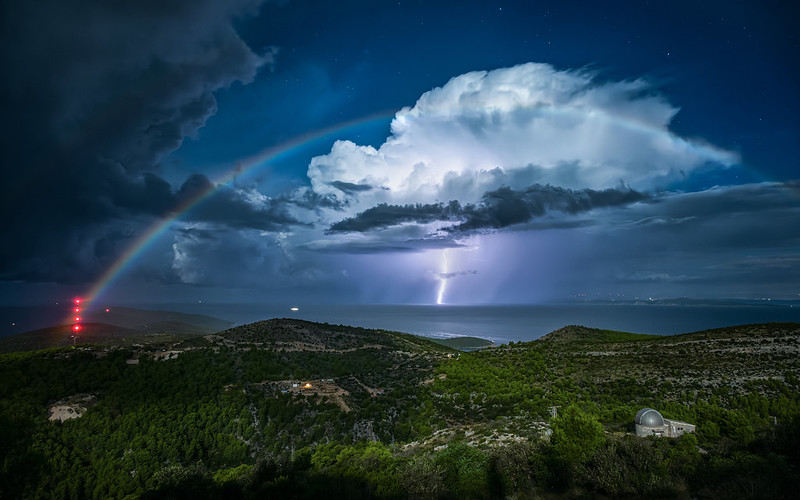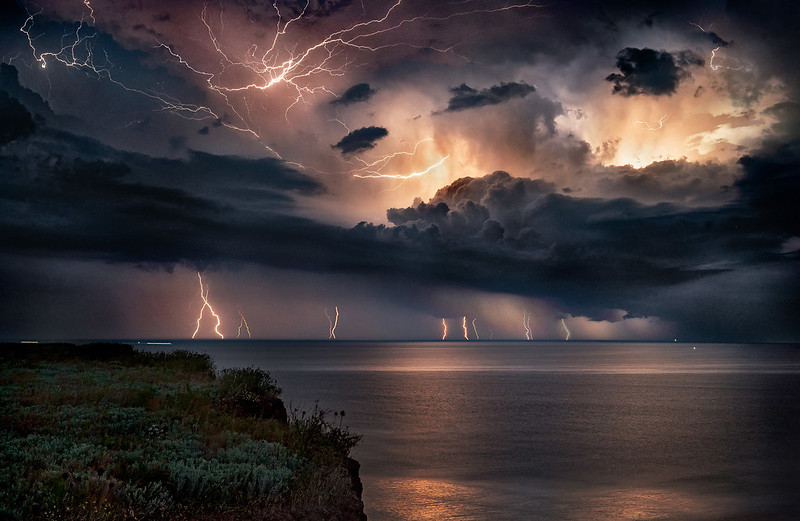MedEWSa
Mediterranean and pan-European forecast and Early Warning System against natural hazards

Consortium
The MedEWSa consortium includes 30 partners

Twins
Where knowledge transfer become real

Mediterranean and pan-European forecast and Early Warning System against natural hazards

The MedEWSa consortium includes 30 partners

Where knowledge transfer become real

MedEWSa’s Decision Support and Dissemination System (DSDS) Infrastructure will equip first responders, planners and policy makers with a suite of innovative services to improve their knowledge and optimise their response actions, enhancing rapid and efficient deployment in vulnerable areas by using highly accurate and real-time Decision Support. It will provide new knowledge on site/community/asset vulnerability, continuously updated impact forecasting, and further cascading effects.


MedEWSa will explore existing data, measures, and technologies from state-of-the-art operational EWS to characterise, estimate and predict multi-hazards and their impact. MedEWSa will provide an innovative and comprehensive landscape of spatial-temporal dependencies for different hazards by building on the latest scientific findings addressing impact-based warnings.
Alternative risk transfer solutions are in high demand in emergency response and humanitarian actions. MedEWSa will use a solid catastrophe risk model to determine event impacts, and an independent triggering mechanism will initiate pay-outs to provide emergency response.


MedEWSa will offer comprehensive, inclusive, and vulnerability awareness and capacity-building activities to enhance multi-hazard risk reduction and societal support at the Europe-Mediterranean Africa (EuMeA), country, and regional levels.
By including citizens, the project will target society as a whole, translating complex information to actionable knowledge. MedEWSa will exploit the rapidly advancing techniques of AI to better assess and prioritise different communication channels reaching the socio-economic systems in which regional communities are most impacted by natural hazards.